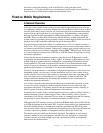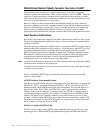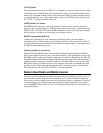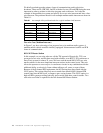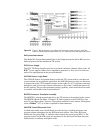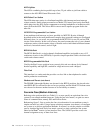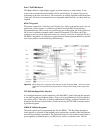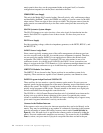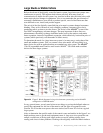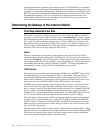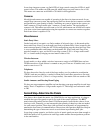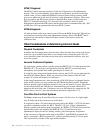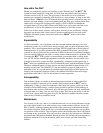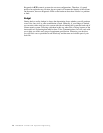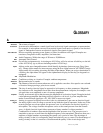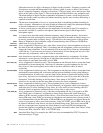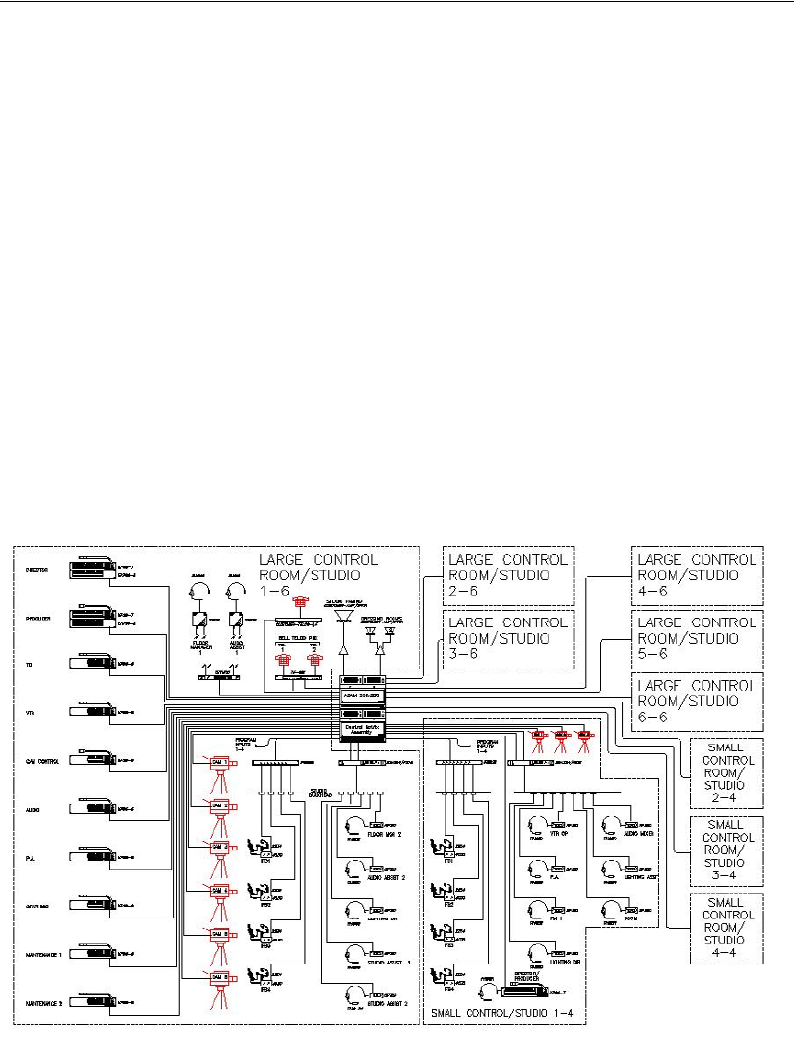
Chapter 8 - Determining Intercom Needs 123
Large Studio or Mobile Vehicle
Before the advent of the digitally controlled matrix system, large intercom systems were
cumbersome to specify. The engineer had to know precisely how many forms of
communication to obtain for the system. Any increase in these after the initial sale would
mean major physical changes in equipment. Also, to accommodate the special needs of
customers, manufacturers were driven to produce special, one of a kind intercoms that
were difficult to test, install, and provide support.
The arrival of the first digitally controlled four-wire matrix systems changed customers
thinking. Wary at first, because of early reliability problems, customers were slowly
purchasing matrix systems to test the waters. The arrival of the ADAM
™
system in the
late 1990’s brought many welcome changes. The most important of these were two
enhancements: the ability to change individual audio levels at the stations, and matrix
linear expansion, instead of logarithmic expansion, which effectively lowered the price of
systems (which previously cost thousands of dollars more).
To determine the needs for a large intercom system is, in many ways, easier than of the
small and medium systems. First, we assume a four-wire matrix will most likely be a
better choice for such an application than an extended two-wire system. The ADAM
™
136x136 expandable matrix and its small cousin ADAM
™
-CS 64x64 make excellent
choices for these larger systems.
Figure 8.4
Figure 5. Block diagram of a large size intercom system using a twin ADAM™
configured as a 200x200 matrix.
In very general terms, we only need to know two things to get into the ballpark when we
specify the equipment list: the size of the matrix; and, the type of keypanels in each
location. We cover that exact process the next section, but for now let’s look at a typical
large system.
After we determine the specific needs of the control rooms and studios in the figure 5, we
duplicate these areas to get the total equipment count. A large two-wire system like our
sample, would leave us facing such issues such as excessive cabling, mixing loses,
routing, and a host of other problems. Working with a digitally controlled matrix makes a



